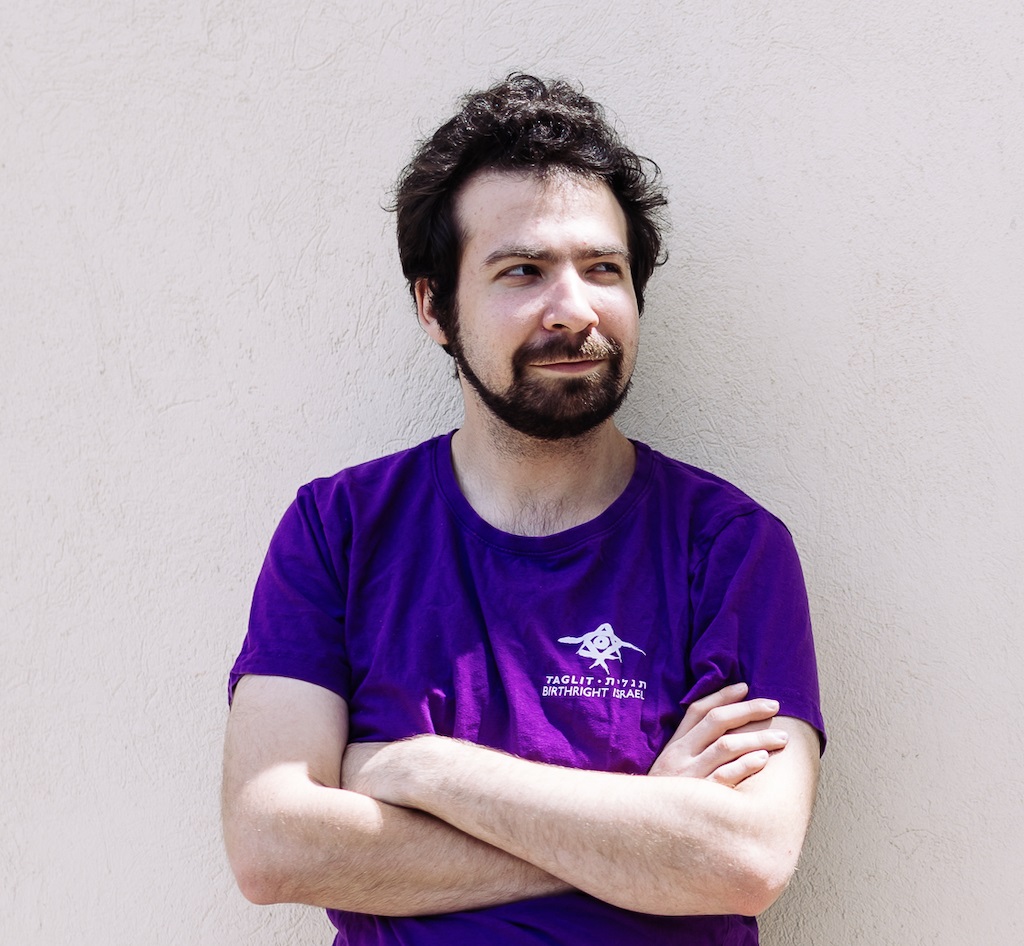Course Description
- The course is designed for young IT enthusiasts who want to take their first steps in the world of programming and the Internet of Things (IoT).
- During the sessions, young participants will be introduced to the fundamental concepts of IoT, learn to program in MicroPython, control smart devices using the MQTT protocol, and create chatbots for interacting with them.
- The course includes engaging hands-on tasks using the Wokwi simulator, allowing children to develop their own "smart bulb" project controlled via a Telegram bot.
You will learn
Upon completing the course, participants will have practical skills in developing IoT projects using MicroPython. They will be able to transfer the code they developed to real devices and apply it to practical tasks. The knowledge and skills acquired will enable course graduates to effectively tackle challenges in the fields of the Internet of Things and automation, as well as create smart devices and control them through modern interfaces.
Reviews of Our Instructor
Below you will find reviews about our outstanding instructor, which he received while teaching a similar course at his previous place of work. Today, we are excited to announce that this expert has joined our team, and we are proud to offer you the opportunity to learn under his guidance. His knowledge and experience continue to impress our students, and the high praise for his work confirms the consistent quality of his teaching.
-
Mark
Once, I came across an advertisement for a programming course on smart devices organized by "Hacker" magazine. I am familiar with programming at an amateur level but thought this would be an interesting experience. I was a bit disappointed that the courses were held during the day in Moscow time, which for me was late at night. But no big deal, I’m used to learning from recordings. By the way, the recordings were uploaded promptly – the next day. Yes, the course is quite short – 6 lessons (there was also an introductory seminar, but I didn’t watch it). No, you won’t become a programmer in 6 lessons. But that’s not the goal of this course. The main goal is to introduce the listener to new tools and methods of interaction between them, to give a push towards further development. As someone who had never seen Python before, it was interesting for me to work on the assignments and get things working that I hadn’t known about a week earlier. The same goes for other tools: wokwi, shiftr, aimylogic… It was fascinating to organize the interaction between these services. If any difficulties arose, you could write in the Telegram chat and solve the problem together. The instructor was also available for help. There was no control over the completion of assignments, but that’s understandable: this is not a school. If you want to learn – go ahead, if not – that’s your choice. In general, the course was interesting for me. If Hacker launches an extended version, I will sign up!
-
Alex
Dear Hacker.ru, I want to thank the team for creating this course. I look forward to a more advanced version. I would especially like to acknowledge the support team (in my case, Dafna), as well as the course creators and the instructor. Thank you.
Course Program (14 hours)
-
- Introduction to the course plan
- First steps with the Wokwi simulator
- Working with basic components: LED, resistor, pin
-
- Working with LEDs and sensors
- Learning loops and conditionals in programming
-
- Introduction to data transmission protocols
- Controlling devices via the MQTT protocol
-
- Connecting addressable LEDs
- Preparing to control LEDs via MQTT
-
- Exploring the visual constructor AimyLogic
- Registering a bot in Telegram
-
- Integrating the bot and the device in the Wokwi simulator
- Final project: A smart bulb controlled via a Telegram bot
Course Schedule
-

Trainer
Avigdor Paperno
Date
from January 16, 2025, to January 25 Sun, Tue, Thu 18.30 - 21.30
Training format
Place of study
9 Ahad Ha'am Street, Tel Aviv, "Shalom Meir" building, and Remote format from a convenient location.Language
EnglishPrice
950 ₪
Trainers
